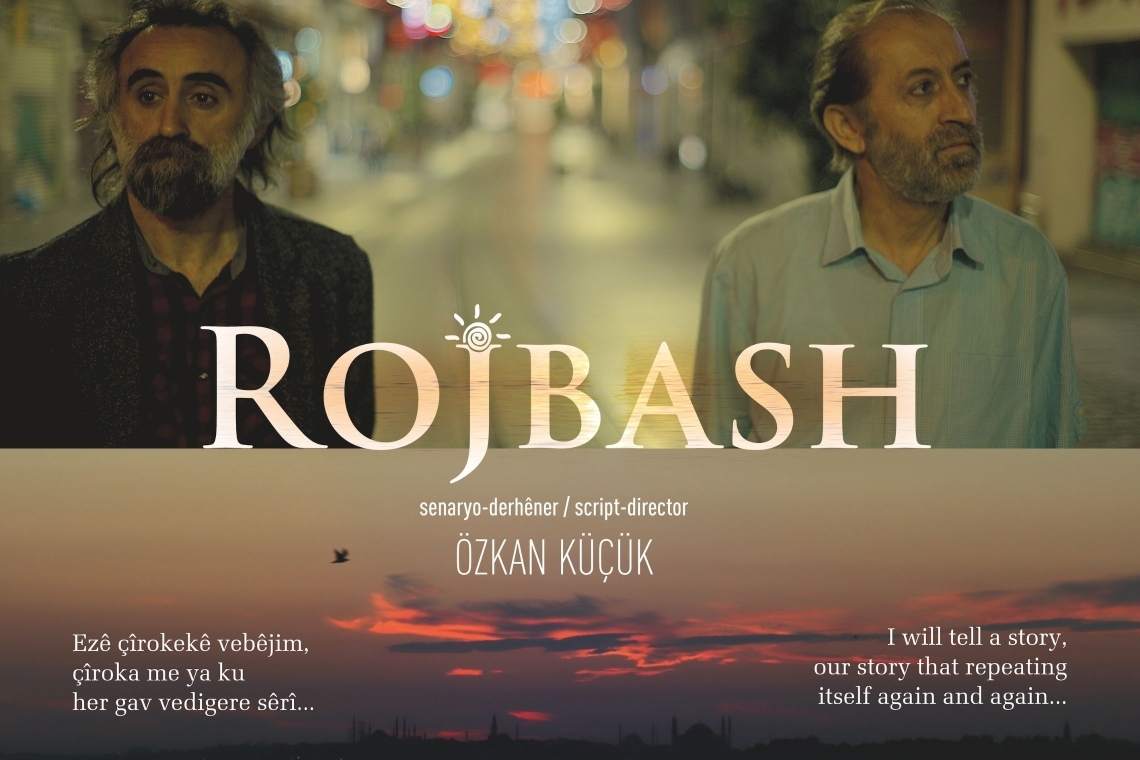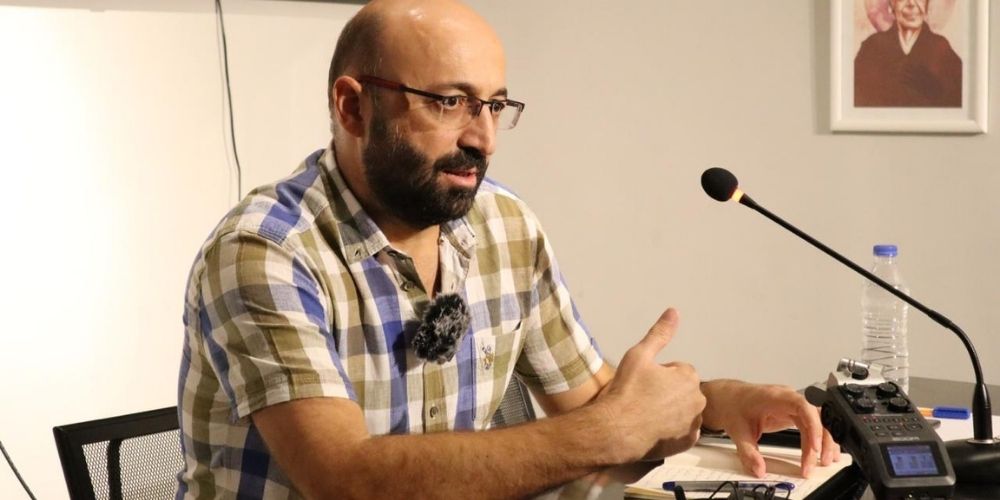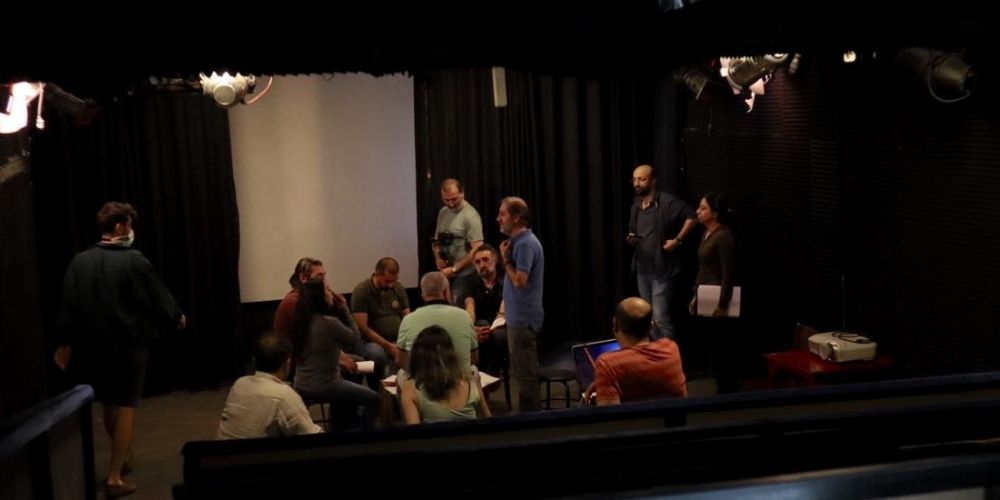DENİZ TEKİN
The Ministry of Culture and Tourism has deemed the film Rojbash, produced by Özkan Küçük and telling the story of a group of Kurdish theater actors reuniting after 25 years, "unsuitable for commercial circulation." In response, the Media and Law Studies Association (MLSA) has filed a lawsuit in the Ankara Administrative Court, seeking a stay of execution and the annulment of the ministry’s decision. Director Özkan Küçük vowed to fight for the right to screen his film in cinemas through the courts.
The ministry’s decision
The Film Evaluation and Classification Board, under the Ministry of Culture, ruled that Rojbash could not be distributed or screened commercially. The film, which depicts the challenges faced by Kurdish actors attempting to stage a Kurdish-language play after 25 years, focuses on the ongoing difficulties of Kurdish-language theater and the unchanged pressure on the Kurdish language over the decades.
Director’s reaction
Commenting on the ban, filmmaker Özkan Küçük criticized the decision, explaining that the film reflects both the evolving friendships of the actors and the persistent political atmosphere of Turkey. “We wanted to highlight the struggles Kurdish theater has faced since the 1990s," Küçük said. He expressed frustration that the ministry had blocked the film’s release despite six years of work. "We were preparing for the film’s screening in cinemas, but now we will have to seek that right in the courts," he said.
MLSA's legal challenge
MLSA’s Legal Director Veysel Ok highlighted that the ban was part of a broader pattern of suppression against the Kurdish language. Ok argued that the ministry’s decision lacked any valid justification, noting that the film was rejected without a Kurdish-language expert present. He emphasized that the core reason for the ban was the fact that the film is in Kurdish.
Film’s broader significance
Rojbash debuted at the Duhok International Film Festival in Iraq in December 2023 and was also shown at the Düsseldorf Kurdish Film Festival. Plans to screen it at other international festivals remain, but the ministry’s decision has made showing it in Turkey impossible.
The film’s cast includes actor Kemal Ulusoy, whose earlier work with the Teatra Jiyana Nû theater group was banned in 1999. The European Court of Human Rights (ECHR) ruled that Turkey had violated Ulusoy’s freedom of expression by banning the performance simply because it was in Kurdish, ordering compensation.
A battle for artistic freedom
MLSA’s legal complaint argues that the ministry’s preemptive ban violates the artistic freedom of the filmmakers and the right of audiences to view the film. Citing past rulings by Turkey’s Constitutional Court, the lawsuit claims that the ministry’s action constitutes censorship and calls for the decision to be overturned.
Küçük expressed his hope that the lawsuit will quickly result in the film’s release, stating, “We believe in our constitutional right to freedom of expression. We will fight to bring our film to the cinemas, as we believe in our right to critique in the name of societal peace, and the rights of our audience to view the film.”
The court’s decision is eagerly awaited, as it will determine whether Rojbash can be seen by Turkish audiences.





